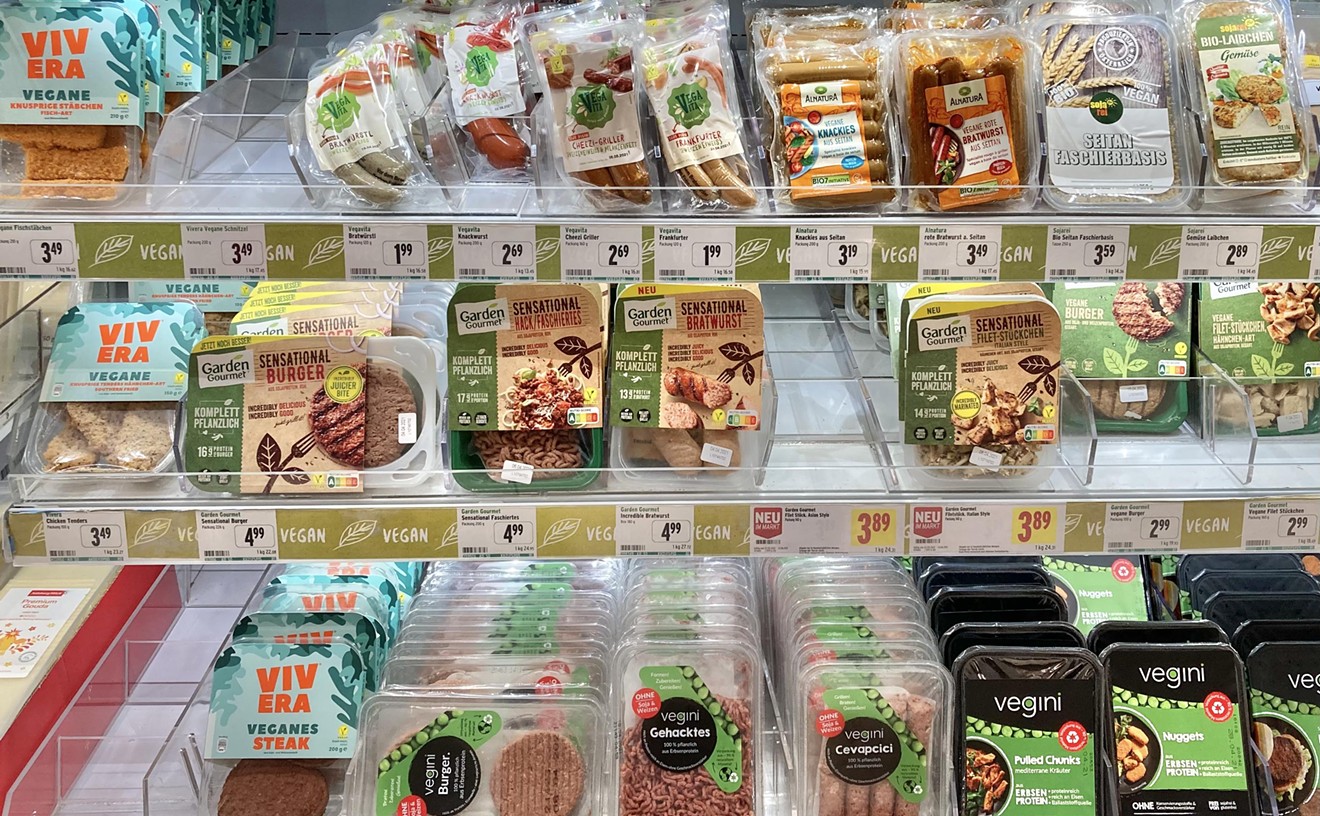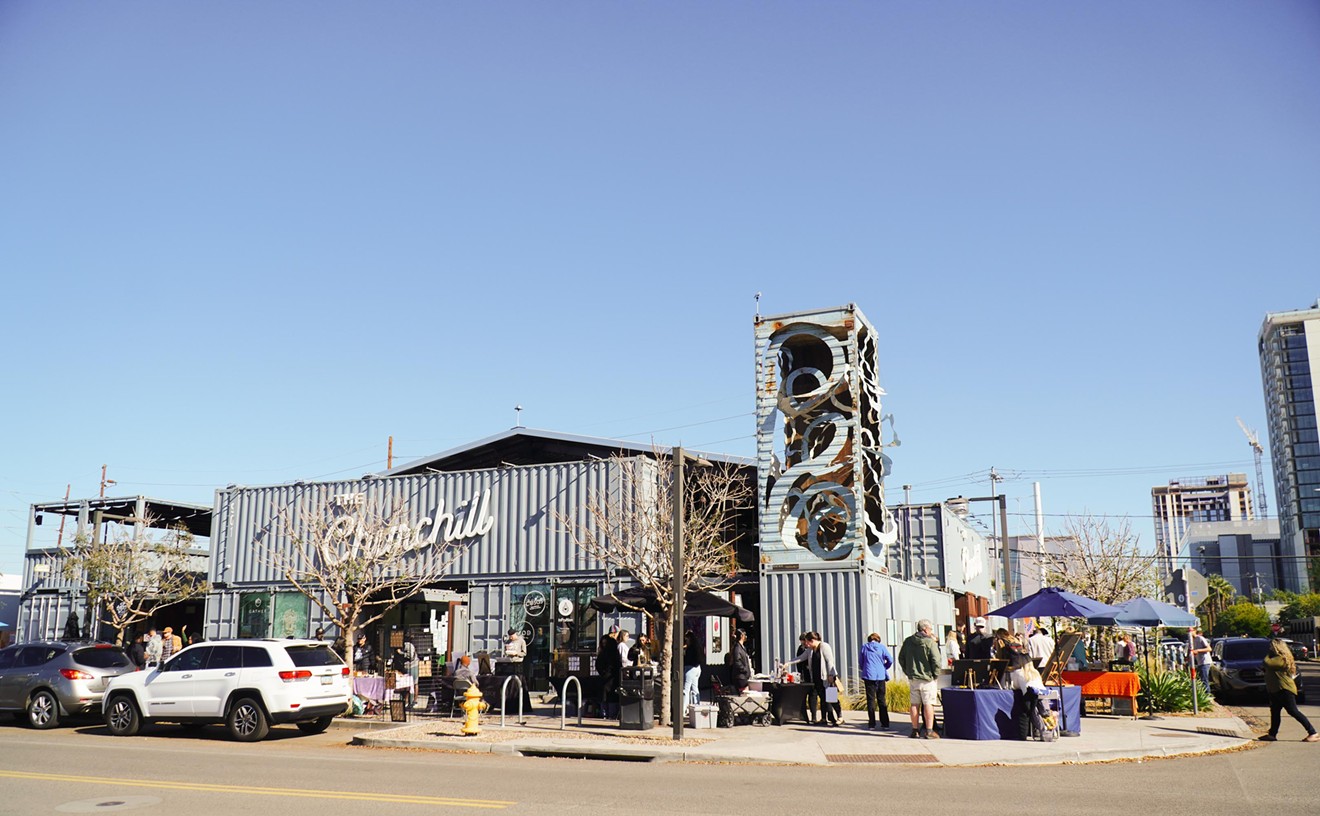I struggled to keep a firm grip on the splintered handle of an archaic pick as I thought of the gorgeous turquoise beach just a few feet away. With hands blistered and slicked wet from the effort, I desperately tried to keep up with a group of pit diggers, under the watchful eye of Mama Rocio.
Mama Rocio wasn't supervising a Mexican chain gang.
Rather, she was serving in her role as the matriarchal leader of a Mayan clan. Mama Rocio, her daughter Magdalena, and other family members run a food cart that daily sells an entire cooked pig and over a dozen turkeys. On this day, I was helping the family dig a new pit for the cooking of these culinary treasures. The digging continued until Mama Rocio gently gave her nod of approval.
Xpu-Ha' is a tiny village on the Mayan Riviera in the Mexican Caribbean. This land has been handed down from generation to generation. The Mayan culture and language has survived the invasion of the Toltecs and the Spaniards, and the people still live a lot like their ancestors.
Mama Rocio is short in stature yet large in presence. With her distinct Mayan features, she commands respect. One look at her and you can clearly see who runs this family. Her daughter, Magdalena Tucuch Huchim, is the opposite, her eyes shining and her round Mayan face beaming kindness and love.
Love is what these women share, a love for the ways of their ancestors, their customs and foods.
The narrow stretch of Mexico called the Yucatan peninsula is known for its Mayan route -- with ruins nestled in the jungle and its unbelievably blue water and pure-white sandy beaches.
The Yucatan's colorful variety of food continues to be one of Mexico's most distinctive cuisines. The generous use of banana leaves, recados, habanero peppers and pit-style cooking is seen everywhere throughout the region.
"El recado tiene que estar hecho en casa," meaning the recado must be homemade, Magdalena says. The recado is a paste made of many ingredients all carefully fused together with a mortar and pestle. The spices include garlic, anise seed, cumin seed, onions, cinnamon, sesame seeds, annato seeds (the main ingredient), black pepper, allspice, cloves and bay leaf.
The tropical annato seed gives the red recado, also known as adobo, its distinguishing color and flavor.
Although Mama Rocio gives the final nod of approval on just about everything, the workhorse of the Tucuch Huchim family has become Magdalena, who is slowly inheriting the role from her mother.
"I can remember my grandmother and great-grandmother making the recado on a large molcajete (mortar and pestle). They would grind for what seemed hours," she says. Magdalena does it the same way.
Like their mothers before them, these women still make cochinita pibil cooked in the ground, pibil being Mayan for pit. A traditional Mayan dish that can be found throughout the Yucatan, cochinita pibil consists of succulent pieces of pork rubbed in recado rojo, wrapped with banana leaves and placed in the pit for 12 hours, slowly cooking until tender.
Magdalena, along with her husband, Leopoldo, rose at 3 in the morning to prepare for the day. The new oven had worked its magic overnight, slowly cooking the pork and turkey to be sold that day. The pickled onions, roasted habanero with sour-orange salsa and corn tortillas had already been loaded for the ride into Playa del Carmen.
The tricycle cart was pushed into town by Carlos, Magdalena's middle son, who daily works by her side.
As the sun peeked over the eastern horizon of the whispering Caribbean ocean, this family had already set up its cart and was ready to begin selling tacos de cochinita pibil and relleno negro de pavo.
The pier filled with the local fishermen, and they converged upon the food carts, demanding to be fed. Magdalena, her husband and Carlos hurriedly prepared taco after taco, working hard to keep up.
This organized chaotic frenzy continued well into mid-morning. All while hordes of suntan oil-slicked tourists from all over the world walked by in Speedos and bikinis, oblivious to the culinary riches they were passing by. Instead, the foreigners waited to get into McDonald's and Domino's Pizza, just a few feet away from Magdalena's food cart.
At high noon, Mama Rocio walked over to do her daily inspection and to give her customary nod. The family prepared for the trip back home, with both mother and daughter conversing easily in Mayan with the owner of a neighboring cart. It was apparent that there was no competition between these vendors, with plenty of customers to go around. All of the vendors serve the same sort of taco, but insiders know that Mama Rocio and her family do it best.
The trip home for the family was less hurried, with stops for ingredients needed to prepare the next day's menu, which is always the same.
Without pretense, this family humbly makes a living using the traditional Mayan-style pit-cooking. They don't seem to find the work monotonous and they do the job seven days a week. The only difference during this week was the inauguration of the new pibil, which will serve day in and day out for the next 10 years.
The magic that can happen when you marry simple ingredients and cook them with love, pride and respect for tradition is astonishing and beyond comparison.
I am convinced that there is something addictive about the cochinita pibil, for during the two months I spent in this piece of paradise, I ate it at least once a day.
Should you find yourself walking 5th Avenue in Playa del Carmen, I highly recommend you skip the McDonald's and head straight for the food carts around the corner. You won't regret it. I promise.
A word of caution: be careful. You might find yourself digging a pit in your own backyard.
Silvana Salcido is a Phoenix area chef currently working on a cultural portrait/cookbook entitled Las Doñas Mexicanas: Mexican Women, Mexican Food.










